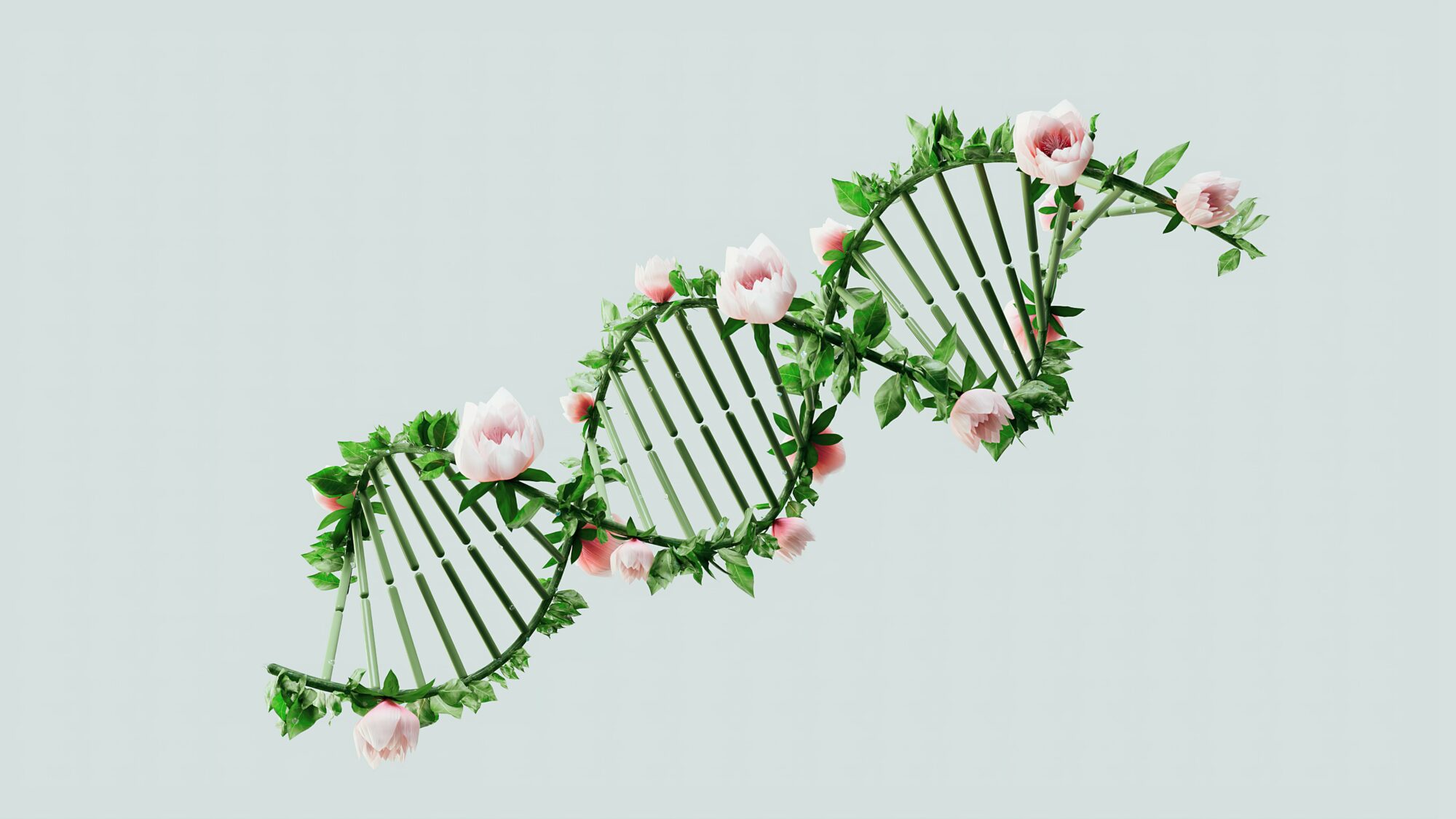I’ve been trying to better understand the concept of epigenetics lately and this article caught my eye after it was posted on Hacker News https://www.thenewatlantis.com/publications/getting-over-the-code-delusion
Just a disclaimer, but I had Copilot summarize this for me as a form of note taking so I could make sure I was getting all the key concepts. I then tried condensing and changing out some of the words to better match my voice so it feels more like it’s my own notes I’m learning from.
In the realm of biology, the discovery of DNA’s structure was a monumental milestone, leading many to believe that we had found the “code of life.” However, recent advancements in the field of epigenetics are challenging this long-held belief, revealing that there’s more to our biological destiny than just our DNA sequence.
What is Epigenetics?
Epigenetics, refers to the study of heritable changes in gene expression that do not involve alterations to the underlying DNA sequence². It’s a complex layer of regulation that dictates how and when genes are turned on or off. These changes can be influenced by various factors, including environmental cues, lifestyle, and even stress levels.
The Code Delusion
The article “Getting Over the Code Delusion” by Stephen L. Talbott delves into the intricacies of epigenetics and its implications. It begins by recounting the initial shock within the scientific community upon learning that humans share a vast majority of their DNA with chimpanzees. This sparked a debate about what truly differentiates us as a species.
Talbott criticizes the reductionist view that equates humans to a mere sequence of genetic codes. He argues that such a perspective overlooks the elaborate dance of molecular interactions that determine gene expression. The truth is, our genes are not solitary players; they are part of a dynamic network influenced by a myriad of non-genetic factors.
The Epigenetic Landscape
The field of epigenetics has unveiled that DNA is not a static blueprint but a dynamic participant in the cellular environment. Environmental factors can leave epigenetic marks on our DNA that affect gene activity without changing the sequence itself. These marks can be passed down through generations, suggesting that our lifestyle choices may have a deeper biological impact than previously thought.
Rethinking Our Genetic Inheritance
The enthusiasm that once surrounded genetics, viewing every discovery as a step closer to understanding life’s construction from “mindless matter,” is now tempered with a more holistic view. We’re beginning to appreciate the complexity of life and the role of epigenetics in shaping our biological reality.
Conclusion
“Getting Over the Code Delusion” invites us to embrace a more nuanced appreciation of genetics. It’s a call to recognize the significance of DNA while also acknowledging the profound influence of epigenetic factors. As we continue to unravel the mysteries of life, it becomes increasingly clear that the story of our biological inheritance is far more intricate than a simple code could ever capture.
Source: Conversation with Copilot, 6/8/2024
(1) Epigenetics – Wikipedia. https://en.wikipedia.org/wiki/Epigenetics
(2) What is the definition of epigenetic?. https://microsoftstart.msn.com/en-us/health/ask-professionals/in-expert-answers-on-epigenetics/in-epigenetics?questionid=walxg773&type=condition&source=bingmainline_conditionqna
(3) What is epigenetics?: MedlinePlus Genetics. https://medlineplus.gov/genetics/understanding/howgeneswork/epigenome/
(4) Epigenetics | Definition, Inheritance, & Disease | Britannica. https://www.britannica.com/science/epigenetics
(5) Epigenetics – National Human Genome Research Institute. https://www.genome.gov/genetics-glossary/Epigenetics
(6) undefined. https://microsoftstart.msn.com/
(7) en.wikipedia.org. https://en.wikipedia.org/wiki/Epigenetics
